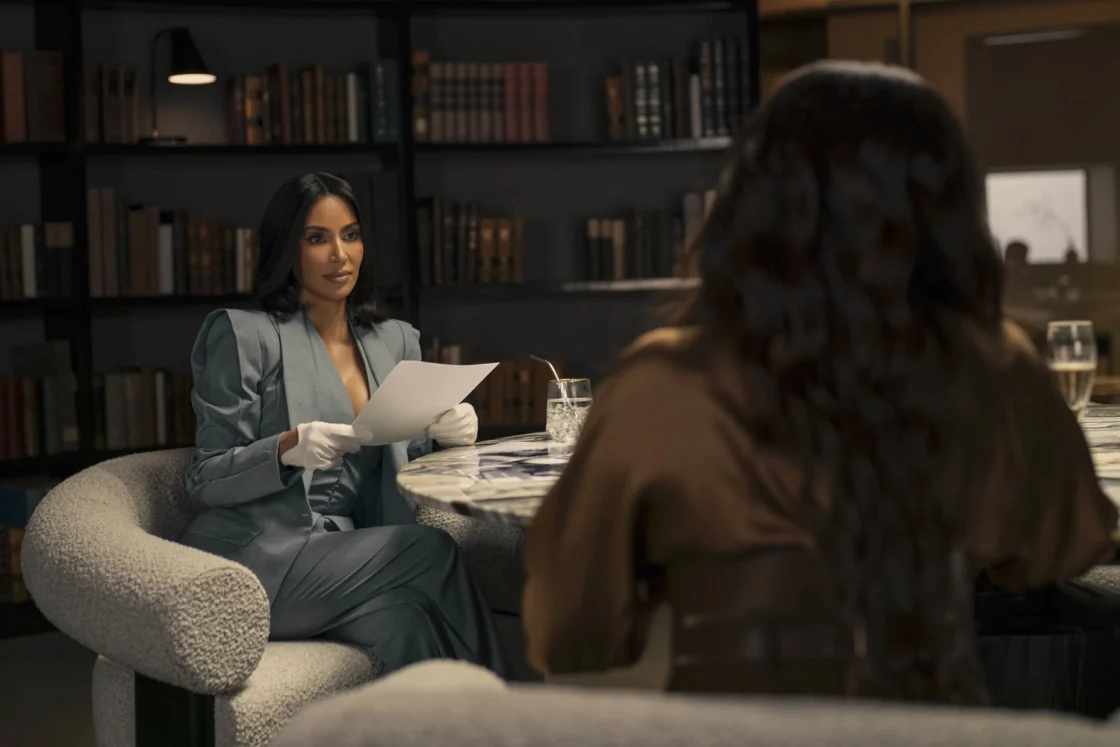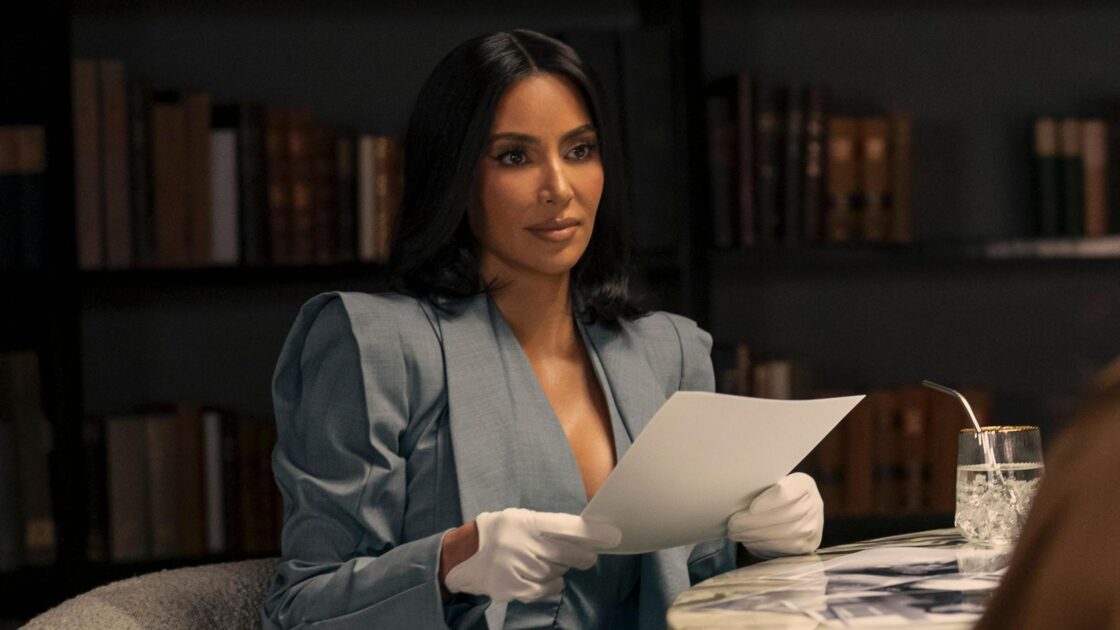
Kim Kardashian just learned a lesson that every law student probably should: don’t rely on ChatGPT for legal advice. The reality star and aspiring attorney revealed in a recent Vanity Fair interview that she’s been using the AI chatbot to help her study for her bar exams. And it hasn’t gone well.
“I’ll get mad and yell at it,” Kardashian laughed, explaining that ChatGPT “has made me fail tests all the time.” She added that when she blames it for wrong answers, it responds with pseudo-inspirational nonsense like, “You knew the answer all along.”
The exchange may be funny, but it’s also a surprisingly real cautionary tale about mixing artificial intelligence with real law.
Why Kim’s Experience is a Warning About ChatGPT for Legal Advice

Kardashian has been open about her unconventional legal journey, skipping law school in favor of a California apprenticeship and documenting every step for the public. But her latest revelation has sparked wider discussions about the dangers of using ChatGPT for legal advice, even as a study aid.
AI chatbots, including ChatGPT, can generate legal explanations and summaries that sound convincing, but often miss nuance, context, or accuracy. Experts have warned that the models are prone to “hallucination,” confidently spitting out completely wrong answers that look legitimate on the surface.
That’s exactly what Kim Kardashian ran into. She admitted to uploading practice questions and documents only to find that the chatbot frequently misled her. “It gives you the most random wrong answer with full confidence,” she said. “It’s so toxic.”
Her frustration may feel relatable to anyone who’s tried to get precise, reliable legal information online. In fact, earlier this year, the New York State Bar Association cautioned against using generative AI to draft legal filings after multiple lawyers were caught submitting brief full of fake case citations written by ChatGPT.
How Kardashian is Handling the Setback

Even with a few digital detours, Kardashian isn’t giving up. She’s now six years into her legal apprenticeship and has passed multiple sections of California’s notoriously tough “baby bar.” She’s expected to sit for the full bar exam soon, without any robotic tutors this time.
She told People that her setbacks have made her more determined, not less. “I’ll fail and learn,” she said, “but I’m doing it the right way. No shortcuts.”
Kardashian’s persistence fits the brand she’s built in recent years: part celeb empire, part social experiment. Her Hulu series, All’s Fair, which she’s producing and starring in, features her as a divorce attorney, blending her real-life law pursuits with scripted storytelling.
The Bigger Picture: When AI Overpromises and Under Delivers

Kim’s struggles highlight a larger truth about using ChatGPT for legal advice: it’s still unreliable for complex or high-stakes issues. Legal experts say that while AI can assist with research or quick definitions, it’s not ready to replace qualified professionals or formal study methods.
Even OpenAI, the company behind ChatGPT, includes disclaimers about factual accuracy and encourages users to verify all information independently. Still, that hasn’t stopped people from turning to it for everything from contract questions to traffic-ticket defense.
“People assume if it sounds smart, it must be right,” says Stanford law professor Nora Freedom Engstrom, who studies AI and legal ethics. “But the law isn’t just logic. It’s interpretation, contact, and precedent. AI doesn’t understand that yet.”
The Takeaway: Don’t Let ChatGPT Be Your Co-Counsel
Kim Kardashian’s experiment with ChatGPT for legal advice turned into an unintentional public service announcement. AI can summarize cases, generate outlines, and quiz you on statutes, but it can’t replace the judgement, reasoning, or accountability of a human legal mind.
It’s an ironic twist. The woman once accused of “breaking the internet” may have just reminded everyone not to let the internet do your homework.
